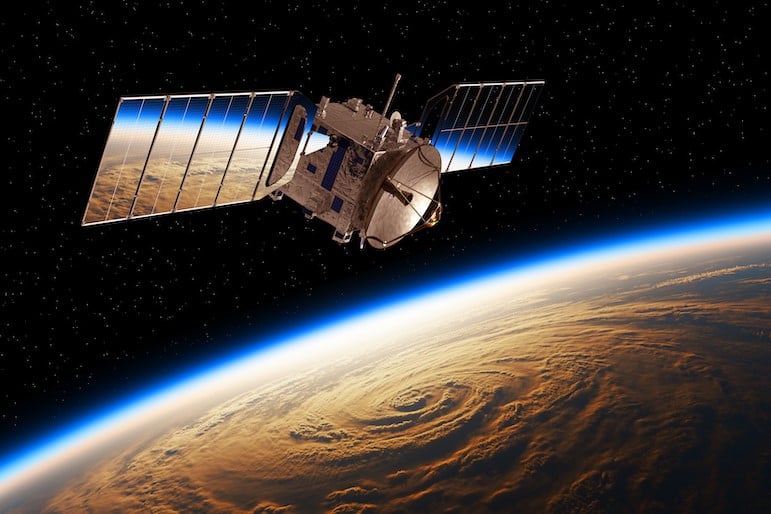
🌌 Space & Universe – Complete Information

🌠 1. What is Space?
Space is the vast, seemingly infinite expanse that exists beyond Earth's atmosphere.
It begins at the Kármán Line (about 100 km above sea level).
In space, there is no air, no gravity as on Earth, and temperatures can be extremely hot or cold.
🌌 2. What is the Universe?
The Universe includes everything that exists: space, time, matter, energy, galaxies, stars, planets—even light and dark matter.
Scientists believe the universe was created approximately 13.8 billion years ago in an event called the Big Bang.
🌍 3. Key Components of the Universe
| Component | Description |
|---|---|
| Galaxies | Groups of billions of stars, gas, and dust (e.g., Milky Way) |
| Stars | Massive balls of burning gases (like our Sun) |
| Planets | Bodies orbiting stars (e.g., Earth, Mars) |
| Moons | Objects that orbit planets |
| Asteroids | Rocky objects, mostly in the Asteroid Belt |
| Comets | Ice + dust bodies with tails |
| Black Holes | Regions with such strong gravity that nothing escapes |
| Dark Matter | Invisible mass holding galaxies together |
| Dark Energy | Unknown force expanding the universe |
🚀 4. Human Space Exploration
Major Organizations:
NASA (USA)
ISRO (India)
ESA (Europe)
Roscosmos (Russia)
CNSA (China)
SpaceX (Private – USA)
Blue Origin, Virgin Galactic (Space tourism)
Key Milestones:
1969: First man on the Moon (Neil Armstrong – Apollo 11)
2004–2020s: Rise of private space companies
2020–2025: Artemis Missions (NASA’s return to the Moon)
ISRO: Chandrayaan-3 (Moon), Aditya-L1 (Sun), Gaganyaan (crew mission)
🪐 5. Our Solar System
Consists of the Sun + 8 Planets:
Mercury
Venus
Earth
Mars
Jupiter
Saturn
Uranus
Neptune
Plus:
Dwarf planets (Pluto, Ceres)
Moons (over 200 in the solar system)
Asteroids and comets
🌌 6. Fascinating Facts About the Universe
The universe is expanding faster than ever.
Light from some galaxies takes millions of years to reach Earth.
Black holes can distort time and space.
Multiverse theory suggests there may be multiple universes.
James Webb Space Telescope (JWST) is capturing the oldest images of galaxies ever seen.
🔭 7. Future of Space Exploration
Mars Colonization (SpaceX, NASA aim by 2030)
Moon Bases for long-term missions (Artemis, ISRO's Moon program)
Space Tourism (Already started by Blue Origin, Virgin Galactic)
Search for life on exoplanets (planets outside our solar system)
AI & Robotics to explore deep space (rovers, satellites, AI astronauts)
🌠 Why Explore Space?
To find signs of life beyond Earth
To understand the origin of the universe
To discover new resources
To prepare for human survival beyond Earth
To inspire innovation and unity
📚 BONUS: Related Terms
Astronomy: Scientific study of celestial bodies.
Astrophysics: Physics of space and cosmic phenomena.
Cosmology: Study of the origin and evolution of the universe.
Exoplanets: Planets beyond our solar system.
Note: Content and images are for informational use only. For any concerns, contact us at info@rajasthaninews.com.
"Peter Dutton Affirm...
Related Post
Hot Categories
Recent News
Daily Newsletter
Get all the top stories from Blogs to keep track.











